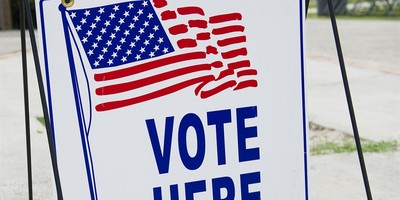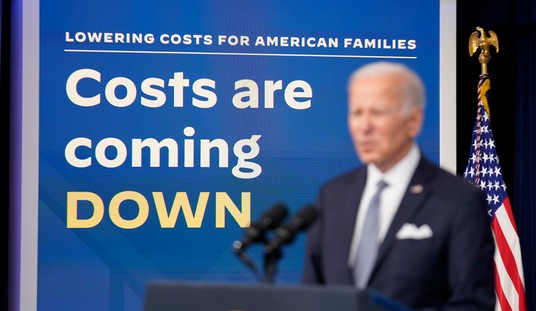By Alexander Ives
In Ronald Reagan’s 1981 inaugural address, he boldly stated, “All of us need to be reminded that the federal government did not create the states; the states created the federal government.” With the past administration growing more distant in the rearview mirror, we must continue to push forward with common-sense principles and advocacy for the free market and reject the government interference in state policy that the past administration leaned so heavily on.
The 2016 election was a great first step towards the necessary change that state governments have desperately needed and that the last administration failed to deliver on. Failing schools, a structurally deficient healthcare system, and continued growth of labor unions that negatively affect the job market are the Obama administration’s legacy. The new administration is poised to make significant strides on these issues at both the state and local levels. With President Trump’s appointments of Secretary of Education Betsy DeVos, Secretary of Health and Human Services Tom Price, and Secretary of Labor Alexander Acosta earlier this year, the possibility of developing innovative, state-based solutions to combat these problems has grown exponentially.
Let’s take a closer look at these issues––education, healthcare, and powerful labor unions.
Our education system is failing, and our students are suffering because of it. Since World War II, inflation-adjusted student spending has gone up an astronomical 663 percent and most of that spending went towards an overall increase in administrative staff over 386 percent.
Initiatives like Common Core, which attempts to create a one-size-fits-all solution for curriculum, are also failing our students by limiting teachers’ ability to customize lesson plans to students’ needs, enforcing unreasonable standards and dated methods of teaching. Common Core prioritizes what sounds good to Washington, instead of what will actually help students. If our education system is to prosper and better benefit our students, we need to limit the role of the federal government and let the states have decision-making power returned to them.
Recommended
The healthcare crisis in our country continues to burden taxpayers and further stretch our national deficit. In 2015, the Congressional Budget Office released its updated budget projections publication that stated Obamacare would cost over $1.207 trillion between 2016 and 2025. Additionally, the average premium increase under Obamacare per the Department of Health and Human Services is 25 percent with percentages reaching as high as 116 percent. For a successful healthcare system to drive competition across state lines and allow Americans the ability to choose their own healthcare providers and not be forced to accept a federally mandated plan, the federal government needs to step back and let the states lead the way. Government mandated programs such as Obamacare limit healthcare options, repeatedly tax the middle class and rely on government subsidies that both increase the national deficit and create tremendous marginal tax rates. These government mandate programs are antithetical to improving the quality and affordability for all Americans.
Currently, one of the biggest fights within the states is against labor union monopolies that are weakening the value of American workers. With the introduction of sound right-to-work legislation by Republican lawmakers, these unions are being trimmed down and American workers are now able to work without being compelled to belong to a union. Furthermore, these unions have spent millions of dollars advocating for increasing the minimum wage to $15 an hour which would effectively eliminate over 7 million jobs. Passing right-to-work legislation within the states improves the standard of living for millions of Americans and enhances greater economic vitality on both state and local levels.
For decades, Republicans and libertarians have repeatedly created and prescribed innovative solutions that would limit the power of the federal government within the states, and have consistently promoted the principle of federalism to return power closest to the people. With the new administration enacting much needed reform to top issue areas, the states are primed and ready to enact their own common-sense policies. It’s time to reject the government intervention that has hindered the power of the states, and to develop a renewed focus on getting power back to the people.
























Join the conversation as a VIP Member